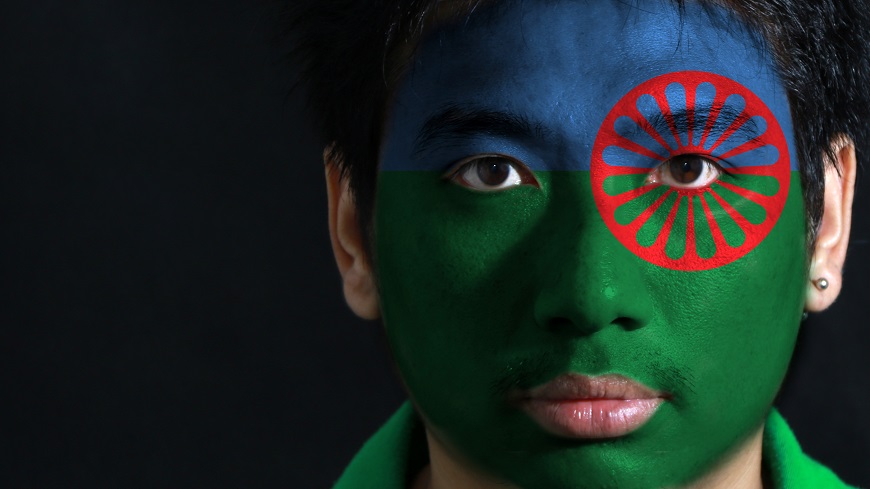This conference will bring together a wide audience of Roma and non-Roma stakeholders in the youth and human rights fields. It aims at strengthening the knowledge of Roma and Traveller history, culture and identity as a factor enhancing social inclusion and participation of Roma and Traveller young people.
The conference is organised by the Youth Department and the Roma and Travellers Team of the Council of Europe in the framework of the German Presidency of the Committee of Ministers of the Council of Europe. It is prepared and implemented in co-operation with the European Roma Institute for Arts and Culture (ERIAC) and in close association with Ternype, the European Roma Grass Roots Organisations Network, Phiren Amenca and the Central Council of German Sinti and Roma.
 Its specific objectives are:
Its specific objectives are:
- To support cooperation among Roma and non-Roma youth leaders by meeting, interacting and learning about the role of Roma history and culture in shaping the identities and perceptions of Roma youth in Europe today
- To support the usage of Council of Europe standards, in particular the Recommendation of the Committee of Ministers to member States on the inclusion of the history of Roma and/or Travellers in school curricula and teaching materials, the handbook “Right to Remember” and the role of the European Roma Institute for Arts and Culture therein
- To motivate participants and their organisations in their work as multipliers on education about Roma and Traveller history, culture and identity as well as Roma Holocaust Remembrance
- To collect and disseminate experiences and expectations about promoting the participation and inclusion of Roma and Traveller young people
- To celebrate Roma cultural diversity and associate young people and youth organisations to the celebrations of the International Roma Day and the 50th anniversary of the First World Romani Congress, held in 1971 in Orpington, Kent, United Kingdom.
 Methodology and Programme
Methodology and Programme
The conference will be organised as an online event over 3 days. The programme, methods and technology will be organised so as to favour mutual learning, interaction and dialogue among participants – notably in small discussion groups and workshops.
 The programme contents will be structured on three main issues:
The programme contents will be structured on three main issues:
7 April: ROMA HISTORY AND CULTURE
8 April: CELEBRATING INTERNATIONAL ROMA DAY
9 April: ROMA YOUTH: AN AGENDA FOR EMPOWERMENT
The conference will close with the presentation of conclusions and proposals for furthering work on Roma history with young people and ways to expand Roma youth participation based on double mainstreaming.
Casting of flowers - 8 April 2021










